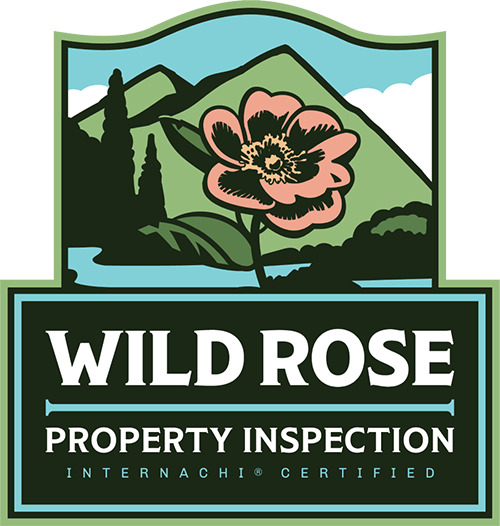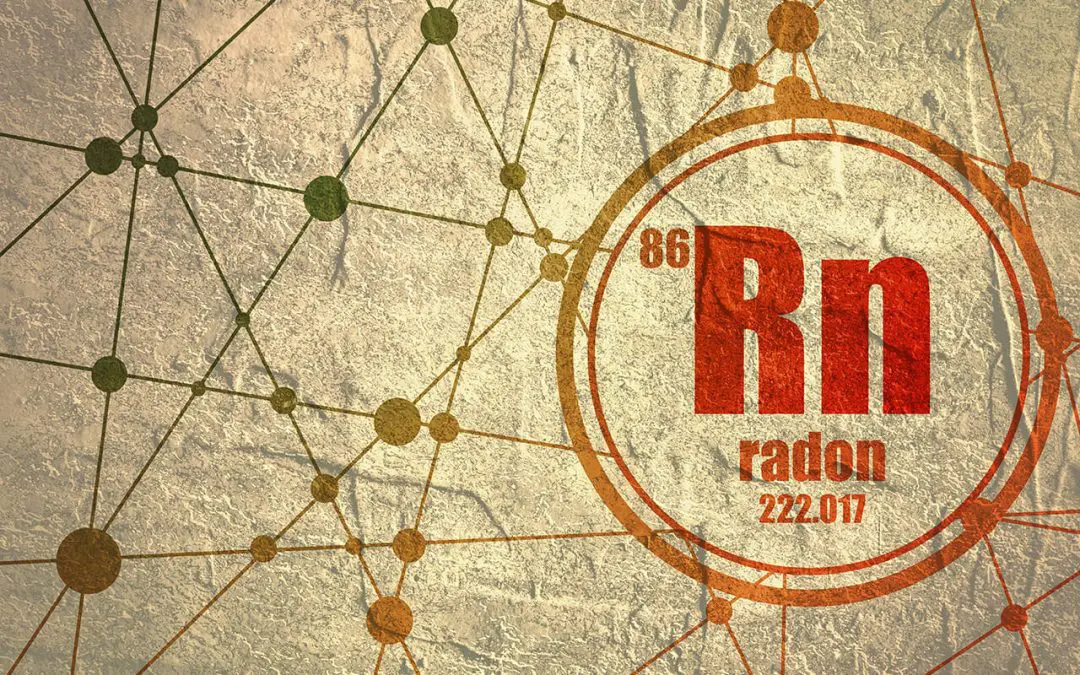Radon is a colorless, odorless gas that is impossible to detect without a professional test. While it does not lead to immediate consequences, exposure to radon over a prolonged period increases your risk of lung cancer. Here are a few ways to reduce radon in your home.
Radon Test Before Buying a New House
There are numerous tests and inspections you can request when buying a home. Skipping any of them can put you and your family at risk. In some places, sellers are legally obligated to disclose their knowledge of radon gas. However, there’s nothing to disclose if they never had testing performed. Before buying, schedule a home inspection and test for radon in the home.
Use a Professional Radon Remediation System
If you have high radon levels or want reassurance that this dangerous gas isn’t accumulating in your basement, installing a radon mitigation system is the best option. These systems use either passive or active suction for cycling radon-rich air out and replacing it with fresh air from the outside. Increasing circulation lowers the levels of radon in your home.
Test After Remodeling to Reduce Radon Levels
When you renovate or remodel any part of the home, including the basement, there is a possibility you will disturb the foundation or walls in some fashion. While this won’t usually lead to radon collecting in your basement, it might reopen sealed cracks or create gaps around windows and doors that were not previously there. To prevent radon levels from increasing after you remodel, hire a professional to test your home after construction is complete.
Open the Windows to Reduce Radon in Your Home
Some homeowners receive their radon test results and want to take action immediately. If you are concerned about the gas and want to reduce radon gas levels until your mitigation system is in place, open the windows. Good airflow prevents radon from accumulating and introduces fresh air from outdoors into your home, improving indoor air quality.
Seal Cracks to Reduce Radon
Radon reduction methods work best in conjunction with professional remediation, including sealing gaps and cracks in the foundation. Because radon is a gas, it will seep into your house through extremely small spaces. Check for gaps around doors and windows and the seam between the basement floor and walls.
Hire a professional to mitigate radon in your living spaces. You’ll keep your family healthy and safe when you reduce their exposure to this gas.
Wild Rose Property Inspection offers inspections to homebuyers and sellers in the Alberta area. Contact us to request our service.

